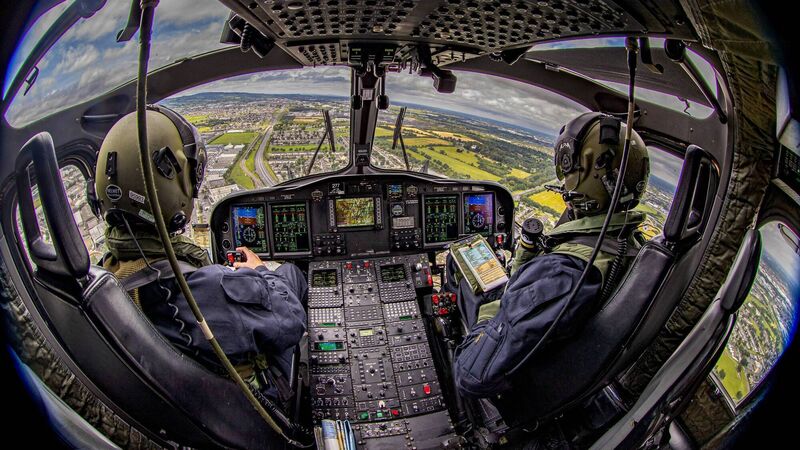National security proposals dropped from new coalition's programme for government

The new programme repeats previous commitments regarding the Defence Forces and An Garda Síochána but proposals to set up a new department of domestic affairs have been shelved. Stock picture: Óglaigh na hÉireann
Fianna Fáil election proposals to set up a new department of domestic affairs, including a new national intelligence agency, have been dropped from the new coalition programme for government.
The proposal, which attracted positive reactions from security experts, was in a bid to respond to “an increasingly unstable global environment” and a wide range of threats facing Ireland — including cyber, hybrid, espionage, and border security.













